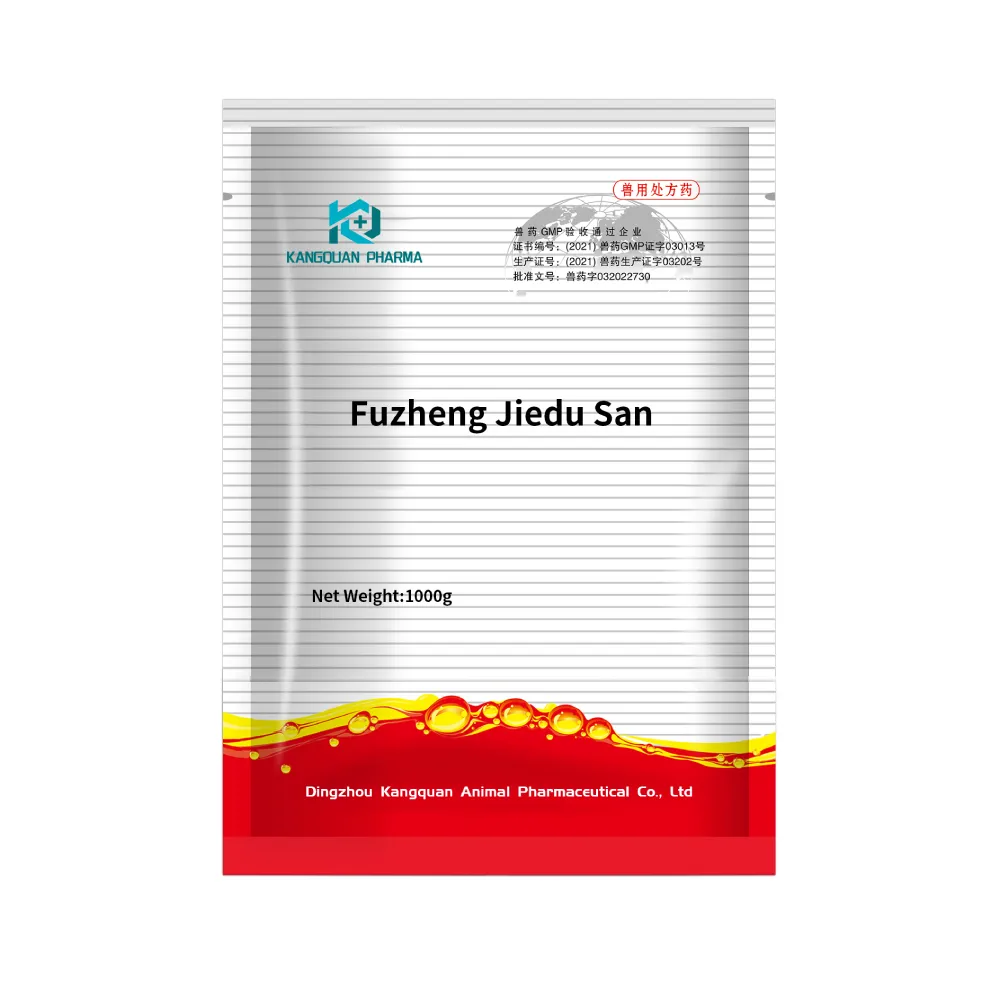- Afrikaans
- Albanian
- Amharic
- Arabic
- Armenian
- Azerbaijani
- Basque
- Belarusian
- Bengali
- Bosnian
- Bulgarian
- Catalan
- Cebuano
- Corsican
- Croatian
- Czech
- Danish
- Dutch
- English
- Esperanto
- Estonian
- Finnish
- French
- Frisian
- Galician
- Georgian
- German
- Greek
- Gujarati
- Haitian Creole
- hausa
- hawaiian
- Hebrew
- Hindi
- Miao
- Hungarian
- Icelandic
- igbo
- Indonesian
- irish
- Italian
- Japanese
- Javanese
- Kannada
- kazakh
- Khmer
- Rwandese
- Korean
- Kurdish
- Kyrgyz
- Lao
- Latin
- Latvian
- Lithuanian
- Luxembourgish
- Macedonian
- Malgashi
- Malay
- Malayalam
- Maltese
- Maori
- Marathi
- Mongolian
- Myanmar
- Nepali
- Norwegian
- Norwegian
- Occitan
- Pashto
- Persian
- Polish
- Portuguese
- Punjabi
- Romanian
- Russian
- Samoan
- Scottish Gaelic
- Serbian
- Sesotho
- Shona
- Sindhi
- Sinhala
- Slovak
- Slovenian
- Somali
- Spanish
- Sundanese
- Swahili
- Swedish
- Tagalog
- Tajik
- Tamil
- Tatar
- Telugu
- Thai
- Turkish
- Turkmen
- Ukrainian
- Urdu
- Uighur
- Uzbek
- Vietnamese
- Welsh
- Bantu
- Yiddish
- Yoruba
- Zulu
Dec . 16, 2024 06:07 Back to list
tylosin poultry
The Role of Tylosin in Poultry Production
Tylosin is an antibiotic that plays a significant role in the poultry industry. As a macrolide antibiotic derived from the bacterium *Streptomyces fradiae*, tylosin is primarily used to promote growth and improve the overall health of poultry. Its unique properties allow it to combat certain bacterial infections while also serving as a growth promoter, making it a valuable asset in poultry production.
Understanding Tylosin
Originally introduced in the 1950s, tylosin has been extensively used in veterinary medicine, particularly in livestock and poultry. It functions by inhibiting protein synthesis in bacteria, thereby halting their growth and reproduction. This mechanism makes it effective against a range of gram-positive bacteria, which are common culprits of infections in poultry. In addition to its antibacterial properties, tylosin is also known to modulate the gut microbiota, promoting a healthier intestinal environment for birds.
Benefits of Tylosin in Poultry Farming
1. Growth Promotion One of the primary reasons for tylosin's widespread use in poultry farming is its ability to enhance growth rates. By reducing the incidence of subclinical infections, tylosin allows birds to allocate more energy to growth rather than fighting off disease. This results in improved feed conversion rates, ultimately leading to better production efficiency.
2. Disease Prevention Poultry are susceptible to various diseases, particularly those caused by bacteria such as *Mycoplasma synoviae* and *Escherichia coli*. Tylosin is effective in controlling these pathogens, reducing the incidence of respiratory diseases and other infections that can be detrimental to poultry health. By using tylosin as a preventive measure, farmers can significantly reduce mortality rates and improve flock welfare.
tylosin poultry

3. Improved Feed Efficiency Tylosin has been shown to optimize feed utilization in poultry. When birds experience fewer health issues, they can convert feed into body weight more efficiently. This not only maximizes production but also reduces feed costs – a major factor in the economics of poultry farming.
4. Potential to Reduce Antibiotic Resistance Tylosin's unique action mechanism and its relative specificity towards certain pathogens may help in reducing the risk of developing antibiotic-resistant strains of bacteria. This is critical in today’s farming practices, where antibiotic resistance poses a significant challenge to both animal and human health.
Concerns and Regulations
Despite the numerous benefits associated with tylosin use in poultry, there are concerns related to antibiotic resistance and food safety. Over-reliance on antibiotics in animal agriculture has raised alarms about the potential transfer of resistant bacteria to humans through the food chain. As a response to growing public health concerns, regulatory agencies worldwide, including the FDA and EFSA, have begun implementing stricter guidelines regarding the use of antibiotics in livestock.
Farmers are encouraged to adopt responsible antibiotic use. This includes using tylosin only when necessary and exploring alternative approaches to disease management, such as improved biosecurity measures, vaccination programs, and nutritional optimization. The goal is to strike a balance between effective disease management and the responsible use of antibiotics.
Conclusion
Tylosin remains an essential tool in poultry production, offering benefits in growth promotion, disease prevention, and feed efficiency. However, it must be used judiciously to mitigate the risks associated with antibiotic resistance. By adhering to best practices and embracing a more holistic approach to poultry health, farmers can enhance flock health and productivity while safeguarding public health. As the poultry industry continues to evolve, the integration of tylosin in conjunction with sustainable practices will be crucial for the future of poultry farming.
-
Guide to Oxytetracycline Injection
NewsMar.27,2025
-
Guide to Colistin Sulphate
NewsMar.27,2025
-
Gentamicin Sulfate: Uses, Price, And Key Information
NewsMar.27,2025
-
Enrofloxacin Injection: Uses, Price, And Supplier Information
NewsMar.27,2025
-
Dexamethasone Sodium Phosphate Injection: Uses, Price, And Key Information
NewsMar.27,2025
-
Albendazole Tablet: Uses, Dosage, Cost, And Key Information
NewsMar.27,2025













